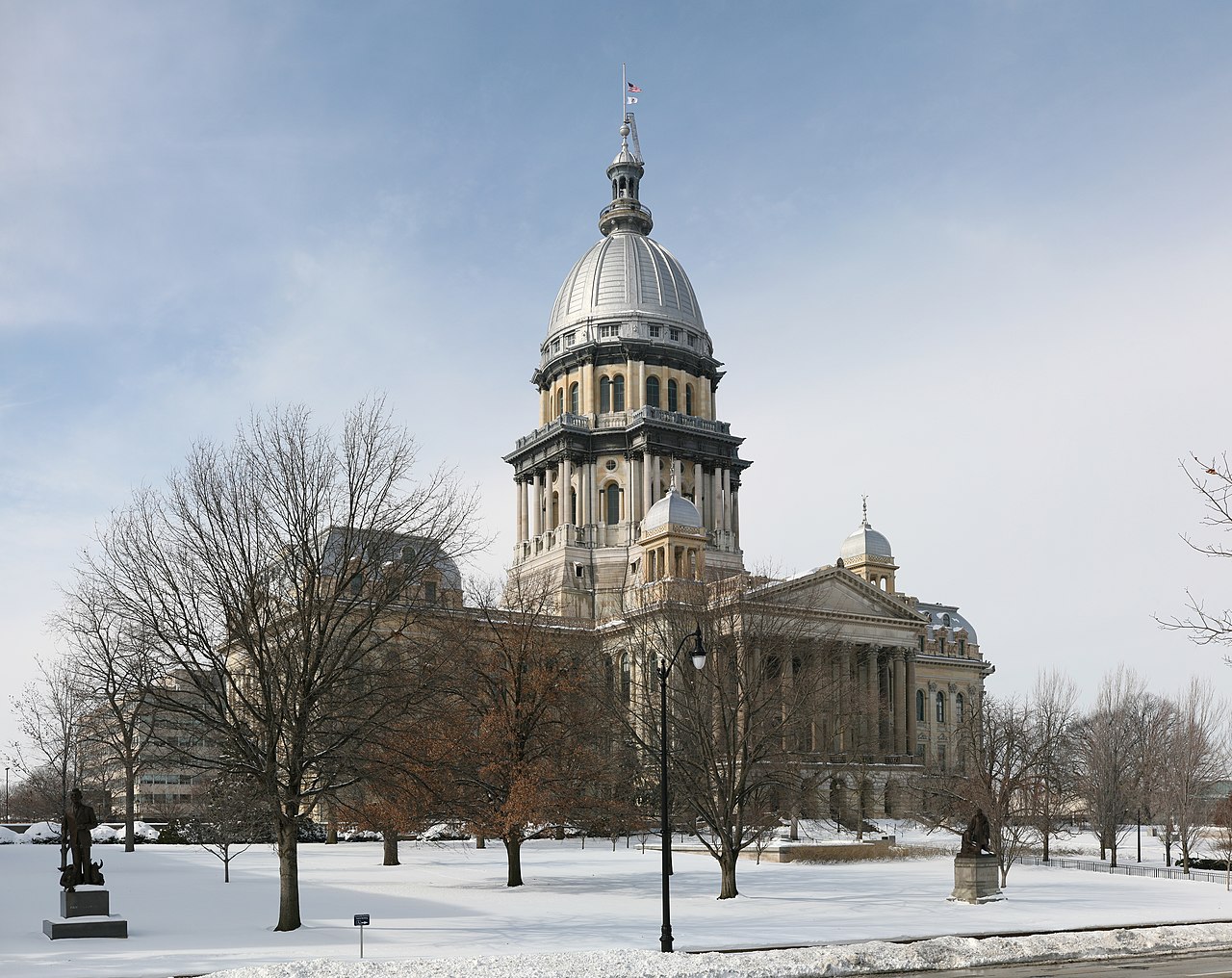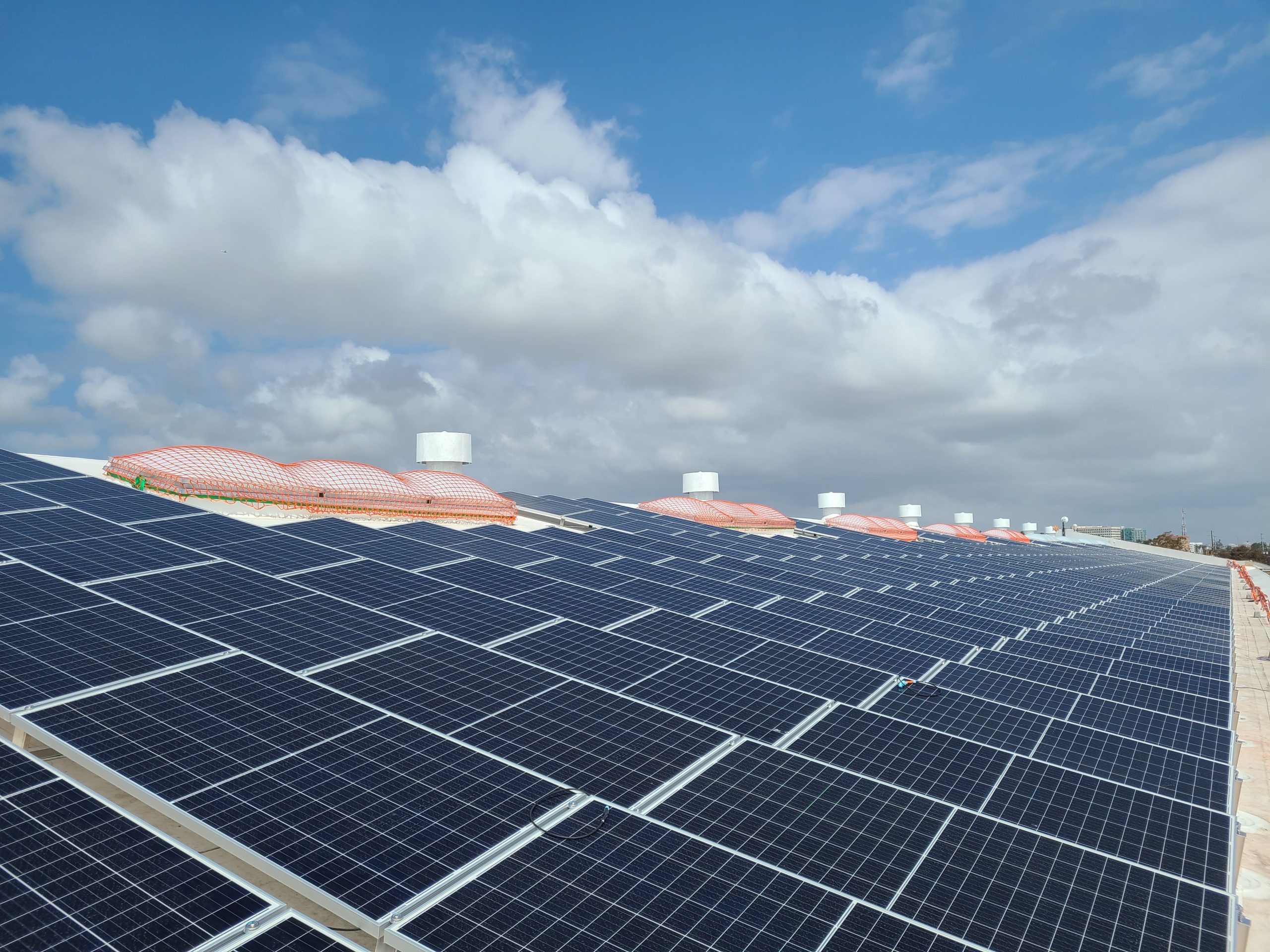Electrifying Our Buildings: The importance of passing the Zero-Emission Homes Act
Our homes can run on clean, renewable energy that never runs out. Send a message to your U.S. senators to support the Zero-Emission Homes Act.

Three out of every four American homes use oil, gas or other fossil fuels for heating, hot water or running appliances. This statistic is not that surprising to me. I grew up in a home with a gas stove, a gas water heater and gas-warmed baseboards for space heating. The first time I ever used an electric stovetop was during my sophomore year of college.
Gas appliances have been the status quo for me and countless other Americans, but this needs to change.
Our 21st century homes can be built around electrifying appliances like stoves, water heaters and space heaters. Doing this is necessary to cut down on planet-warming pollution, reduce energy waste and safeguard our own health.
Thankfully, a new bill under consideration in the U.S. Senate would help do just that.
The Zero-Emission Homes Act, introduced by U.S. Sen. Martin Heinrich of New Mexico alongside 11 other senators, would establish a rebate program for electric appliances and equipment, making the environmental and health benefits of electrifying our buildings accessible to all Americans.
This legislation would reduce the overall cost of purchasing and installing electric appliances and equipment by establishing a federal Zero-Emission Homes Program within the Department of Energy. The program would provide households with rebates of up to $10,000 for “qualified electrification projects,” along with additional amounts for low- and moderate-income households and multifamily buildings. This program would empower homeowners to invest in the electric technologies that can make their homes safer and decrease our overall dependence on dirty fossil fuels like methane gas.
There are a number of reasons to electrify our buildings, instead of using gas appliances and equipment.
First, gas stoves can have a severe impact on indoor air quality, exposing us to pollution that can make us sick. When we cook on gas stoves, a cocktail of unhealthy gases are released into the air, including nitrogen dioxide, carbon monoxide and formaldehyde, all of which can make such breathing problems as asthma worse and contribute to heart disease and cancer. In fact, just having a gas stove in a home increases the risk of childhood asthma by 42%.
Equally troubling, gas burned by kitchen stoves is made up of mostly methane, which brings a heap of environmental concerns. Chief among them: Methane emissions speed up global warming.
Methane is an extremely powerful greenhouse gas, trapping heat 28 times more effectively than carbon dioxide, according to NASA’s Scientific Visualization Studio. Methane emissions are produced from a broad range of human activities — including operating our home appliances, extracting oil and gas and raising livestock — and are estimated to have contributed to 23% of the emissions associated with climate change that occurred during the 20th century.
A joint report by Rewiring America and the Center for American Progress found that 121 million American households stand to benefit from the rebates proposed by the Zero-Emission Homes Act. Additionally, electric homes can be plugged into solar panels and wind turbines, which means as we upgrade our homes to be all-electric, our energy can come from pollution-free sources that never run out — like the sun shining above us and the wind blowing off our coasts.
The Zero-Emission Homes Act could accelerate the transition to clean energy in our homes, and with the need to get off dirty energy sources growing in urgency by the day, we must get Congress to act. Send a message to your senators to show your support for clean, electrified homes.
If we take action now, our future homes can be powered by clean, renewable electricity. Join us in our pursuit to electrify America’s homes.
Topics
Authors
Arielle Ostry
Find Out More

Our 2024 priorities in the states

Celebrating new protections taking effect in 2024

A look back at what our unique network accomplished in 2023

